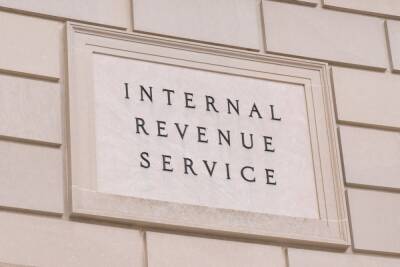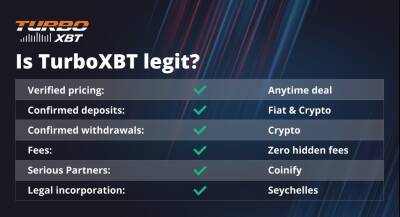Budget 2022: Relief for crypto investors as FM ushers in tax norms
Until now, millions of investors in digital/virtual assets (cryptocurrencies and non-fungible tokens, or NFTs) in the country worried they could be hauled up by the tax department for filing their income-tax returns vis-à-vis this asset class incorrectly. Now, finally, Finance Minister (FM) Nirmala Sitharaman has provided clarity on how they are to be taxed. The FM has announced a 30 per cent tax on any income from the transfer of virtual/digital assets.
Recognition at last
Taxing these assets means the government will treat them as a legitimate asset class. An earlier draft Bill had proposed up to ten years in jail for possession, mining, trading or transferring of cryptocurrency assets. Now, the uncertainty surrounding whether they could be declared illegal seems to have ended.
Aditya Chopra, managing partner, Victoriam Legalis (Advocates & Solicitors), regards this as a win-win.
“The government will generate revenue by taxing the transfer of virtual/digital assets. And by bringing these assets under the ambit of taxation, it has also accorded recognition to them,” he said.
High rate of taxation
The flat 30 per cent tax rate, irrespective of the holding period, may disappoint crypto investors. Suresh Surana, founder, RSM India, said: “The taxation of virtual/digital assets at 30 per cent plus surcharge and cess will disappoint crypto assets holders. They have not been offered a lower tax rate on long-term capital gains.”
Moreover, no deduction will be provided while computing such income. Only the cost of acquisition can be subtracted from this income. And losses during transfer can’t be offset against any other income.
A 1 per cent tax deducted at source (TDS) on payments made for transferring digital assets will be
Read more on business-standard.com










